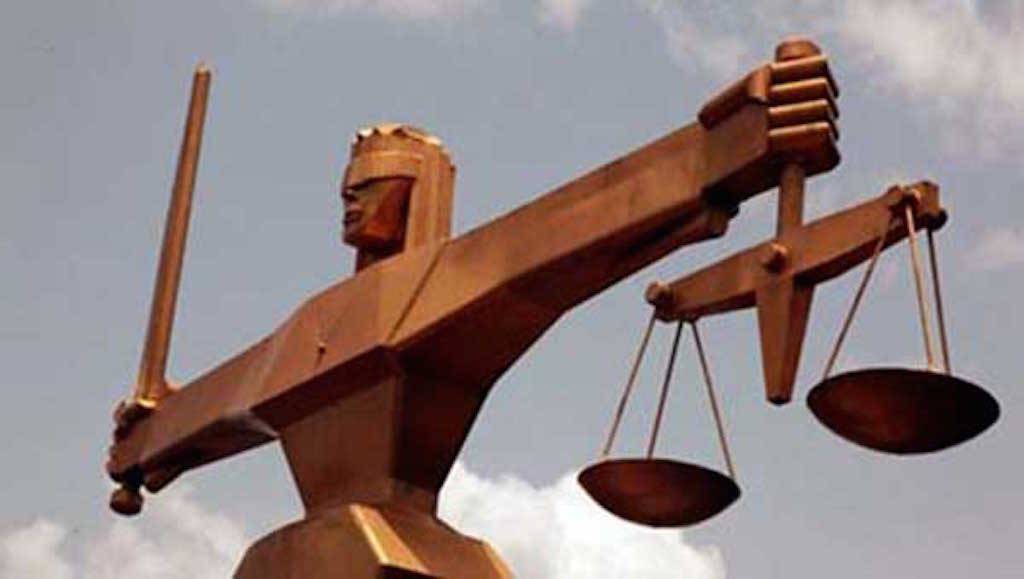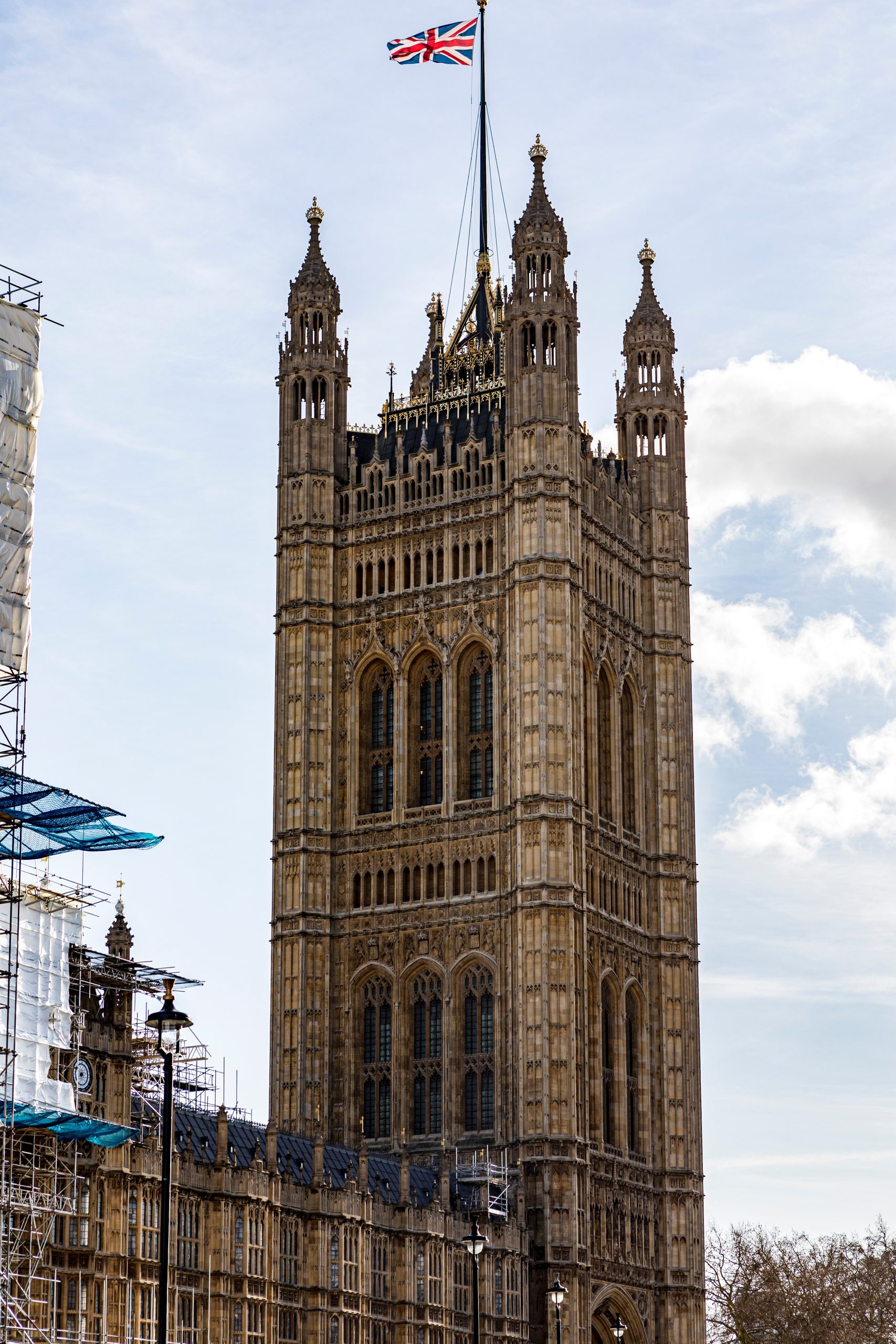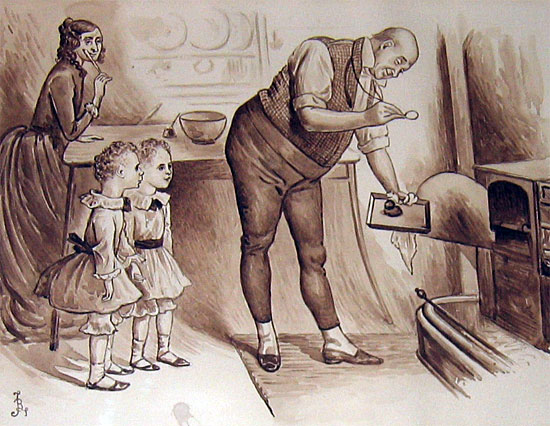What the Dickens! Lots in Bleak House to chime with Trump’s trials

In the absence of a Dickens to document Donald Trump’s courtroom trials with wit and insight, we must make do with the next best thing: his literary work.
What do the writings of a man who had been a court reporter, as also a junior clerk in the London professional body known as Gray’s Inn, say about the workings of the law? Rather than look at his portrayal of lawyers, courts and the system in multiple books, let’s confine ourselves to Bleak House.
Even though Dickens’ fulminations on the legal system are based on his observations of the English system, they could apply to the United States too. In fact, US Supreme Court Chief Justice Roberts invoked Dickens (and Bleak House) in his June 2011 opinion in Stern v. Marshall, a long-running bankruptcy case (possibly reminiscent of Dickens’ interminable fictional probate case Jarndyce and Jarndyce).
Indeed, Dickens’ writings could apply to any place that the administration of justice becomes a “monstrous maze” and so delayed as to serve little or no purpose. So…almost everywhere then.
Mr Trump’s current criminal trial is a case in point. In comparison to the other three criminal cases against him, it may reasonably be said to be relatively minor. It revolves around the accusation that Mr Trump paid $130,000 in hush money to adult film actress Stormy Daniels and then filed false business records to show the money went to legal fees. The prosecution says that Mr Trump’s actions were part of a pattern in which he repeatedly lied to influence the 2016 election narrowly in his favour.
The other three criminal cases against Mr Trump are more consequential but seem destined to play a less consequential role than the relatively more minor charge against Mr Trump.
Why?
Well, all are moving so slowly, the hush money case may be the only one to end before the November election.
Therefore, the more consequential criminal cases against Mr Trump may not factor into American voters’ judgement on his suitability to return to the White House.
Recent opinion polls show that a number of Mr Trump’s supporters are less likely to vote for him were he convicted of a crime. That makes sense and indicates most peoples’ inclination to the principles of natural justice. Surely then, the need to despatch all cases against a presidential candidate as a matter of priority? Surely the American legal system must have wanted justice to be speedily done and the matter settled once and for all? Were Mr Trump to be exonerated, he could fight the November 5 election a free man. What’s more, a vindicated man. But if found guilty, voters would be able to factor that into their considerations before they cast ballots.
To simply let cases meander through the courts is not fair or just to anyone – not to Mr Trump, his supporters, his detractors or to American voters in general.
Dickens’ Bleak House made a good case for the absurdity of the legal system, which allows the rich and entitled to endlessly delay and avoid judgement and/or penalty. (The system’s attitude to Mr Trump’s legal cases and his own attitude to them would fit right in to Bleak House.)
The legal squabbles in Bleak House of two landowners Sir Leicester Dedlock and Lawrence Boythorn are illustrative. Dickens shows them never quite managing to resolve their dispute. They do, however, succeed in showing up the system as ineffective and the main recourse of the idle rich. Both men constantly exchange letters through their agents and set their servants on each other. Boythorn acknowledges the grand game he and his adversary play through the legal system: “[Sir Leicester] brings actions for trespass; I bring actions for trespass. He brings actions for assault and battery; I defend them, and continue to assault and batter. Ha, ha, ha!”
Sounds kinda familiar for all that Bleak House was published roughly 180 years ago.





